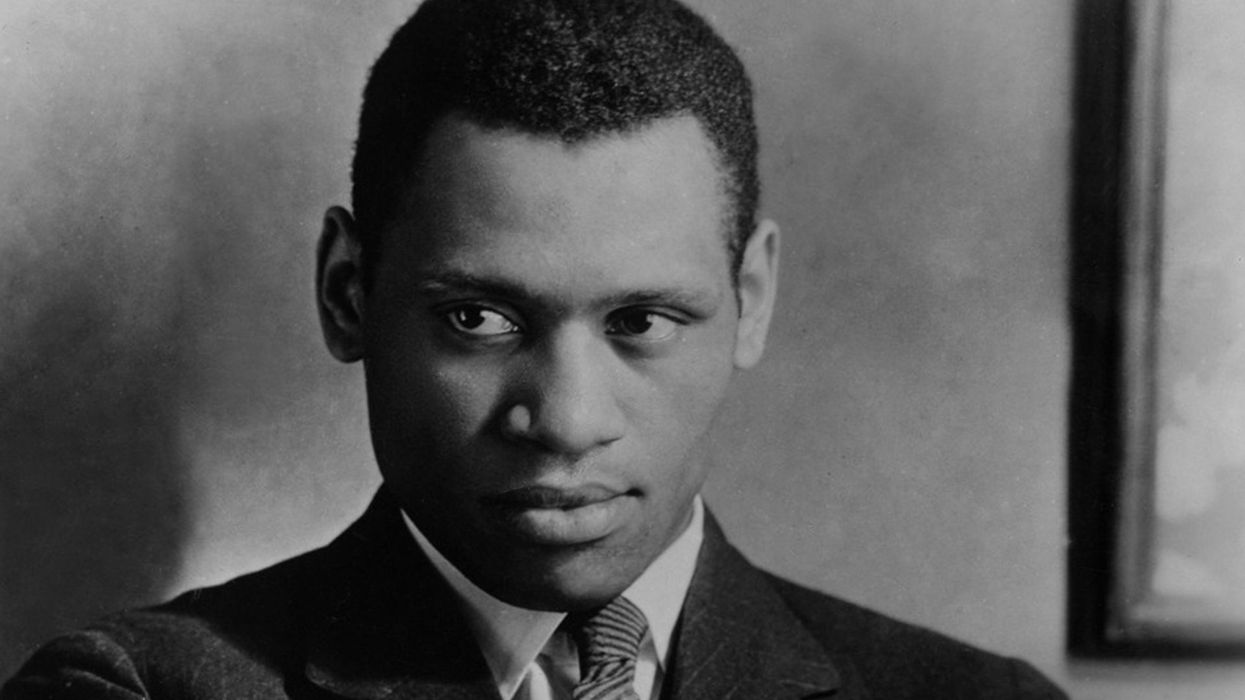Watch the (Indie) Works of Oscar Micheaux, Pioneering African-American Filmmaker
For a man the Producer's Guild called the "most prolific independent filmmaker in American cinema," African-American filmmaker Oscar Micheaux is a relatively obscure figure in early cinema.

From 1919 to after WWII, Micheaux, who grew up in Illinois as one of eleven children born to former slaves, wrote, produced and directed 44 features. What's more, his films tackled controversial issues, including the racism of D.W. Griffith'sBirth of a Nation, and he was the first African-American filmmaker to have his work shown in "white" theaters.
Micheaux's work is examined in this (very) short video by University of Nebraska-Lincoln Film Studies professor Wheeler Winston Dixon:
Check out two of Micheaux's films below:
Within Our Gates
Starting as a writer (besides films, he also wrote seven novels), in 1919, the former homesteader raised money and started his own production company. According to the NAACP, he was the "first African-American to make a film."Within Our Gates, his second feature, is based on his own novel, and seen by some as a rebuke to Griffith's Birth of a Nation, which despite its place in the history of cinema (even Roger Ebert was forced to concede its importance), is repugnant in its out and out bigotry.
Murder in Harlem
Micheaux also has the distinction of being the first African-American filmmaker to direct a "talkie," and his films, along with many others in the so-called "race film" genre, were the first to portray characters who weren't stereotypes, but real people with everyday concerns. Add to that the fact that his films dealt with themes of racism, lynching, and interracial relationships. His 1935 film Murder in Harlem was loosely based on the infamous Leo Frank case, in which an innocent Jewish man was lynched for the murder of a young girl.
Micheaux's obscurity can perhaps be explained by the complicated relationship he had within the African-American community. According to Atlas Obscura, the famous "Harlem Renaissance generation didn’t pay him much due at the time either. They looked down on Micheaux. They were middle class and educated. He wasn’t." Time, though, has shown Micheaux to be a pioneer in racial progress, as well as an indie filmmaker of astonishing prolificness.

Most of his films are available for streaming and download through non-commercial license at the Internet Archive, as well as through Open Culture.












